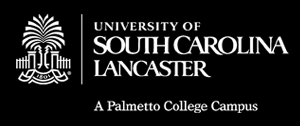Abstract
How do academic programs evolve? This overarching question has several subcomponents such as the following: 1. What gives impetus to new programs on a campus? 2. Do new programs begin as undergraduate majors and degrees that eventually progress to the graduate level? 3. Are there critical faculty masses that are necessary for the evolution of programs? These and similar questions are addressed in this analysis of four case studies examined over a 20 plus year period. Guiding this inquiry is the literature on organizational development as well as academic program development and sustainability. Among the findings are these: 1. External and internal factors of a campus including beliefs or ideologies influence the development of new programs. 2. While one might think that undergraduate level programs precede graduate programs on a campus, programs do not necessarily develop in this manner. 3. Critical faculty levels may be more myth than reality. These conclusions and others from this inquiry may be common sense on one level but the reality is that they are not. The purpose of this inquiry is to debunk often-embraced myths in higher education.
Recommended Citation
Dolch, Norman A.; Ashcraft, Robert F.; Beckerle, Jack; and Weis, Roger
(2018)
"Ideology In The Evolution of Nonprofit Academic Programs,"
Journal of Ideology: Vol. 39:
No.
1, Article 1.
Available at:
https://scholarcommons.sc.edu/ji/vol39/iss1/1
